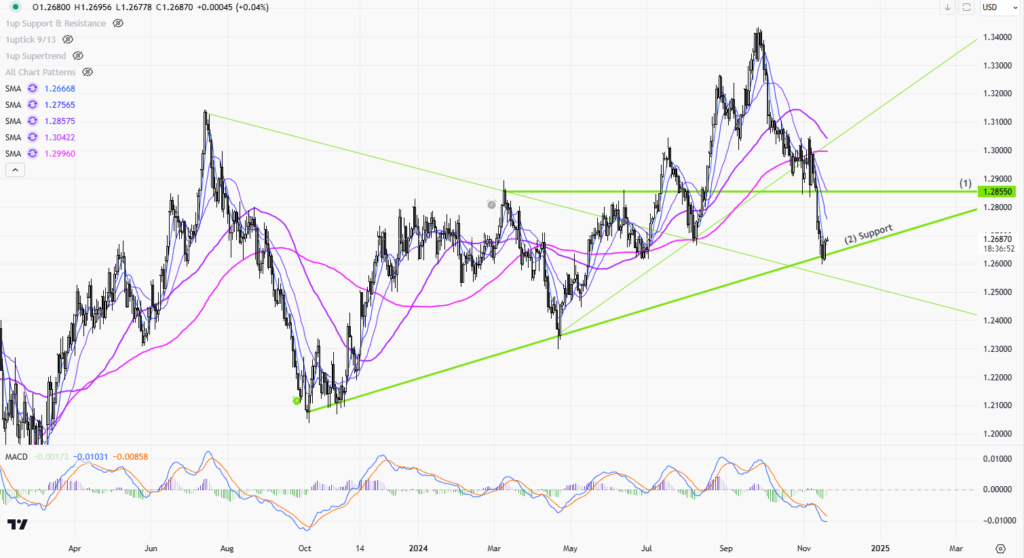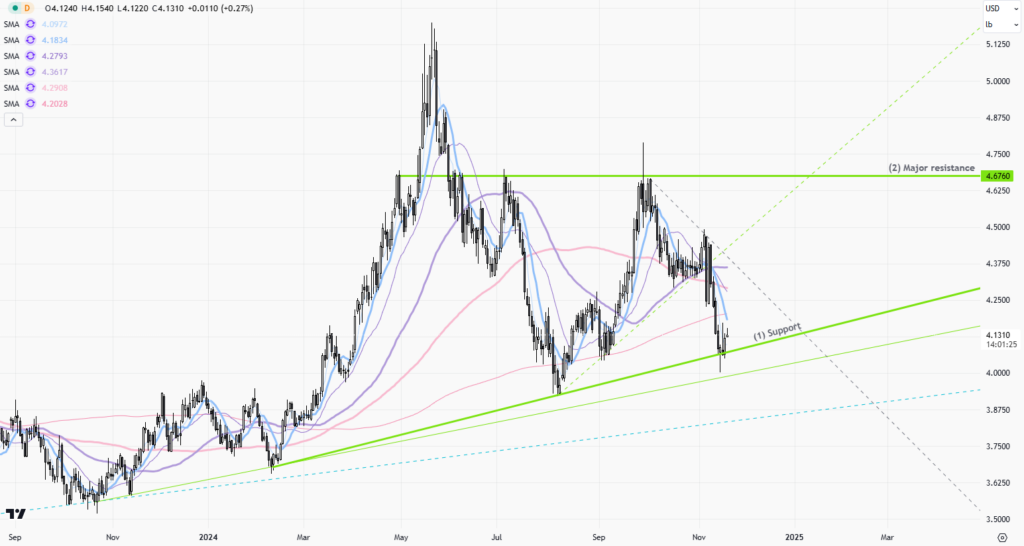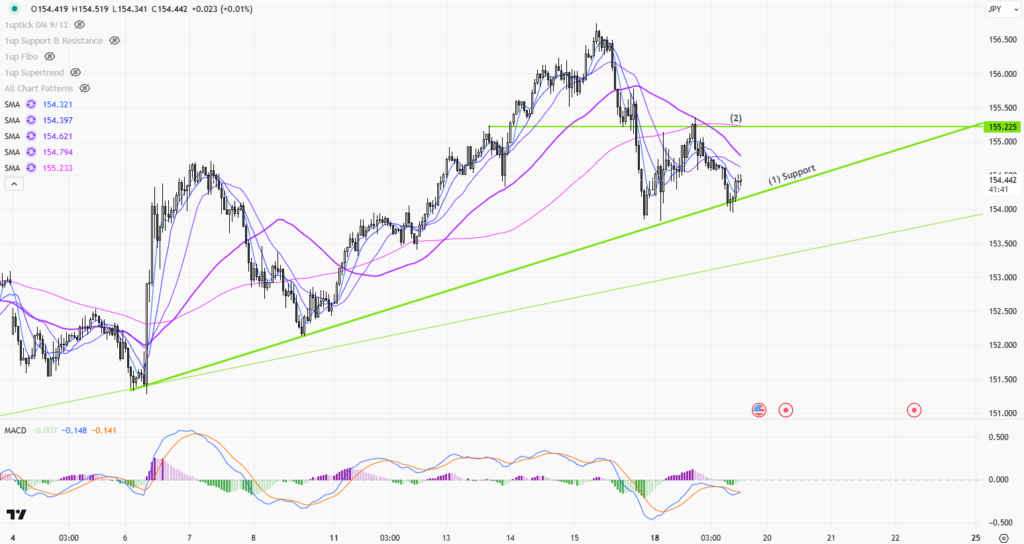 |
| Gold V.1.3.1 signal Telegram Channel (English) |
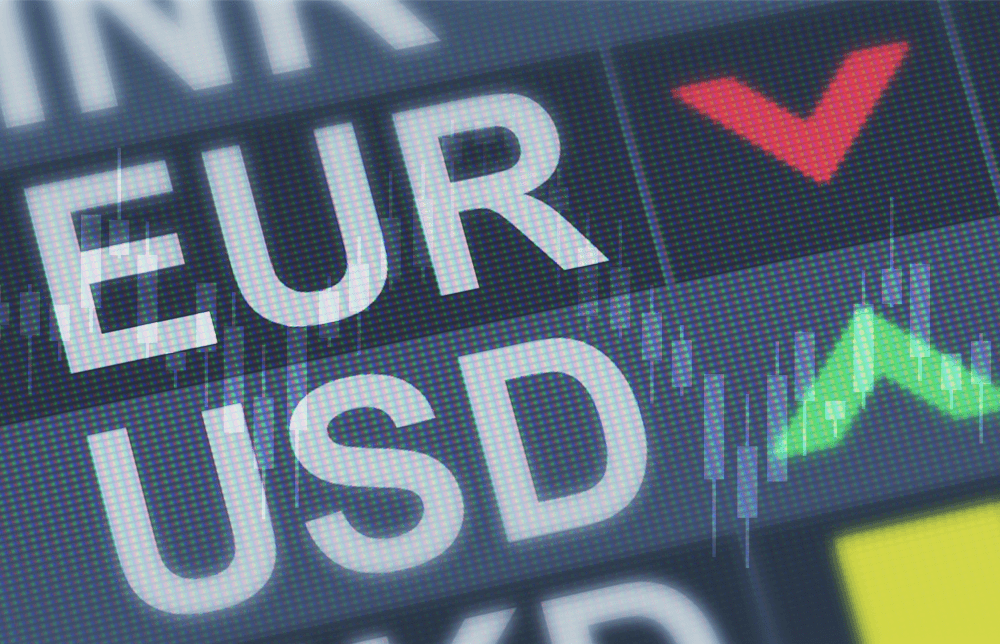
Euro to Dollar Volatility Surges as Inflation and Jobs Data Shift Fed and ECB Rate Expectations
2025-05-02 @ 23:47
As the market braces for the Federal Reserve’s upcoming interest rate decision, two major economic reports have shaken the foreign exchange landscape—injecting fresh uncertainty into investor sentiment.
The latest data from Eurostat revealed that core inflation in the eurozone unexpectedly rose in April, climbing to 2.7% year-over-year, above the market’s forecast of 2.5% and marking a 12-month high. Meanwhile, the U.S. surprised markets with strong job growth—adding 177,000 non-farm payrolls in April, significantly outpacing expectations of 130,000. The double surprise sparked sharp volatility in EUR/USD, which surged over 100 pips intraday before settling at 1.1325, up 0.37% on the day.
Digging deeper into the eurozone inflation data, it’s clear that services inflation is the primary driver. Service-sector prices posted a 3.9% annual gain—the fastest pace on record since 1997—reflecting resilient consumer demand. ECB President Christine Lagarde has consistently flagged high wage growth as a key contributor to sustained inflation in services. While energy prices are still falling, the pace of decline slowed from -6.3% in March to -5.1% in April. Food prices, meanwhile, held steady at 3.6%. Country-level data showed core inflation in Germany and France rising to 3.1% and 2.9%, respectively, suggesting inflationary pressures are migrating from the eurozone’s periphery to its core economies.
These inflation figures have triggered a rapid rethink of ECB policy expectations. Markets initially anticipated the first rate cut could come as soon as July, but probabilities have now shifted—futures pricing suggests the odds have dropped from 78% to 62%, with total expected rate cuts for the year narrowing to 75 basis points. Some strategists warn that easing too early—especially against a backdrop of delayed Fed action—could weigh on the euro and fuel imported inflation.
On the U.S. side, the robust labor report reinforces the economy’s durability. While March’s job gains were revised down to 185,000, April’s 177,000 still beat expectations. The unemployment rate held at a low 4.2%, indicating the labor market remains tight. Healthcare and social assistance contributed nearly 50,000 jobs, while professional and technical services added 36,000, highlighting strength in high-value industries. That said, wage growth moderated slightly, dipping from 0.3% to 0.2% month-over-month—a modest relief for wage-driven inflation concerns.
This data complicates the Fed’s policy path. CME futures now assign a 64% probability to a June rate cut—slightly lower than before. Analysts note that despite a mild uptick in unemployment claims suggesting some softening, overall labor market strength could prompt the Fed to proceed with caution on rate cuts.
From a technical standpoint, EUR/USD continues to churn around the 1.1300 level. After bouncing off its 50-day moving average near 1.1265, the pair reclaimed the 21-day line around 1.1296. However, RSI remains below 50 and MACD remains in negative territory—signaling that bullish momentum is still tentative. The first resistance lies at the 1.1332 Fibonacci retracement. If broken, the next target would be the previous high at 1.1374. On the downside, support sits at the 100- and 200-day moving averages near 1.1257 and 1.1224. Short-term charts also hint at a potential head-and-shoulders pattern, with the neckline at 1.1315. A failure to hold could trigger technical selling down to the critical 1.11 zone.
Looking ahead, several major events could sway the market. The Fed’s upcoming May meeting will be closely watched—any shift in tone could reshape rate cut expectations for June. The mid-May ECB meeting is equally important, as a renewed uptick in core inflation may slow their easing ambitions. And on the geopolitical front, reports suggest former President Trump may announce new tariffs on Chinese EVs on “Tariff Day.” If enacted, this could impact European exporters and supply chains.
In short, diverging policy outlooks and transatlantic rate differentials are amplifying uncertainty for EUR/USD. Some institutions forecast the euro could revisit the 1.16 level by year-end if the ECB rolls out rate cuts more gradually than the Fed. Still, in the near term, price action may remain confined between 1.13 and 1.14. Investors should keep a close eye on breakout signals and be prepared to manage risk amid heightened FX volatility.


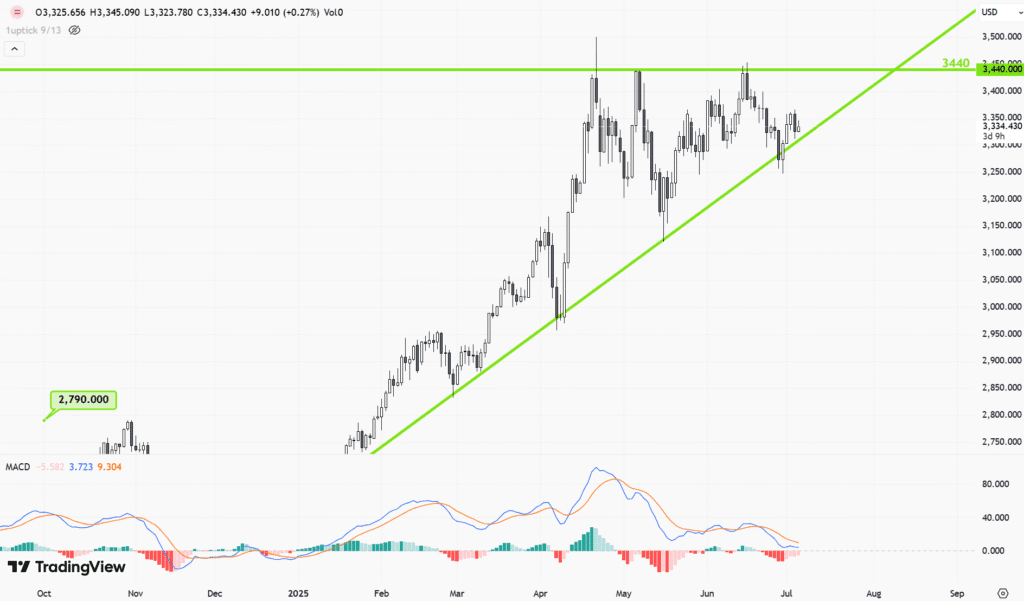
![[Daily Closing 🔔] Gold – Gold Prices in New York Swing Sharply as Geopolitical Tensions and Dollar Strength Drive Market Uncertainty](https://int.1uptick.com/wp-content/uploads/2025/05/2025-05-22T235933.071Z-file-1024x576.png)
![[Daily Closing 🔔] Gold – Gold Prices Climb to New Highs on Tuesday as Weaker Dollar Boosts Safe-Haven Demand](https://int.1uptick.com/wp-content/uploads/2025/05/2025-05-22T004512.731Z-file-1024x576.png)
![[Daily Closing 🔔] Gold – Gold Prices Surge Nearly 2% to $3,287.60 as Weaker US Dollar Fuels Rally](https://int.1uptick.com/wp-content/uploads/2025/05/2025-05-20T224010.678Z-file-1024x576.png)
